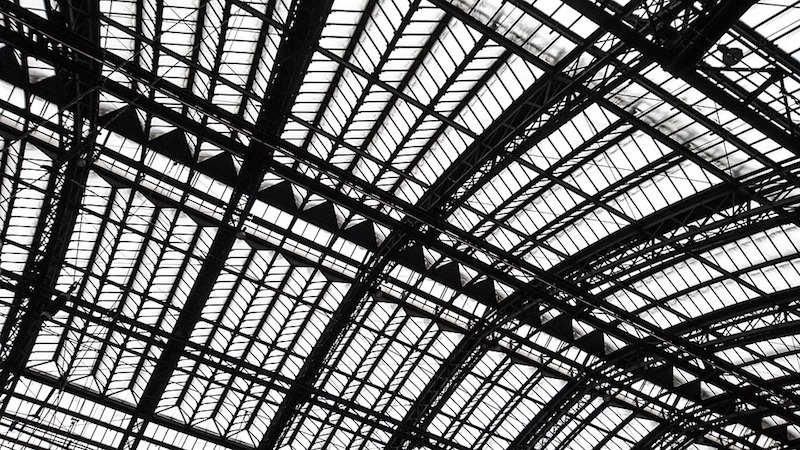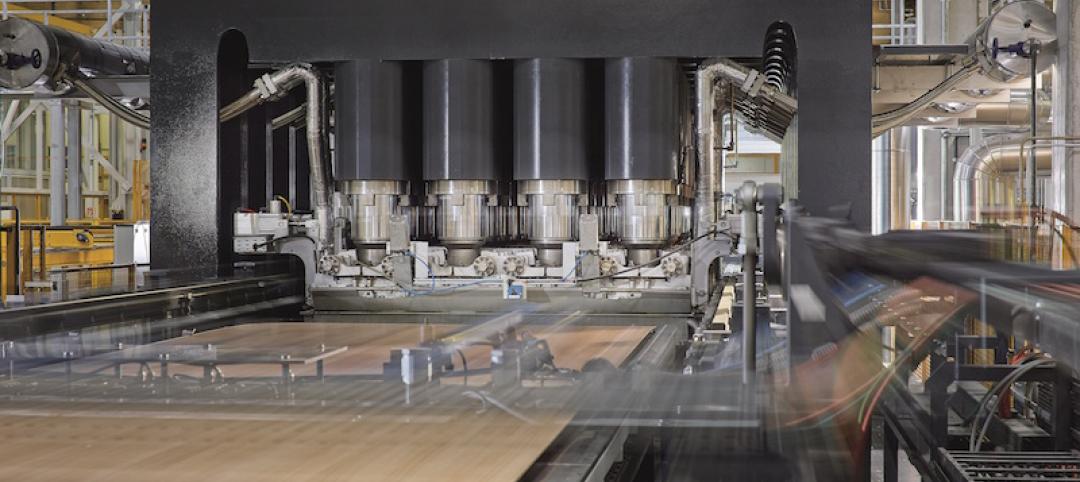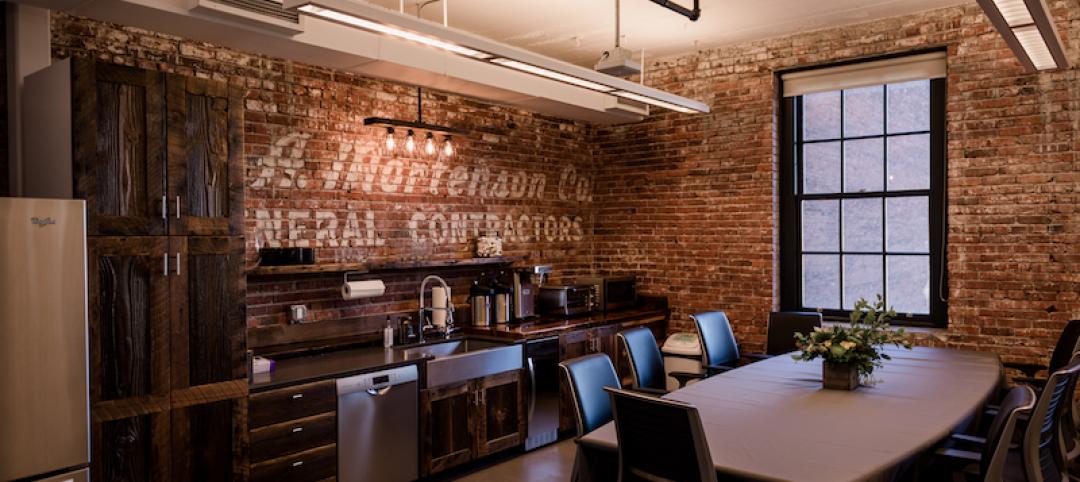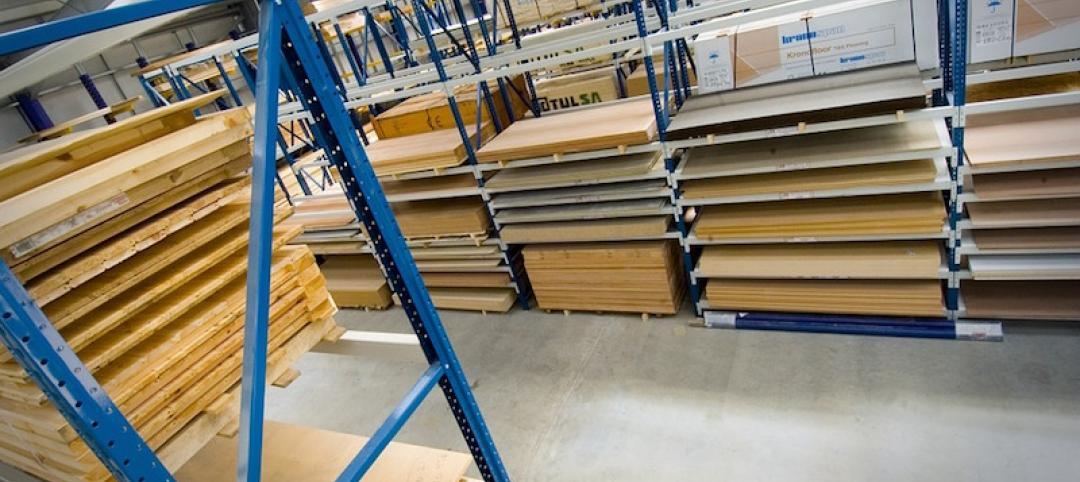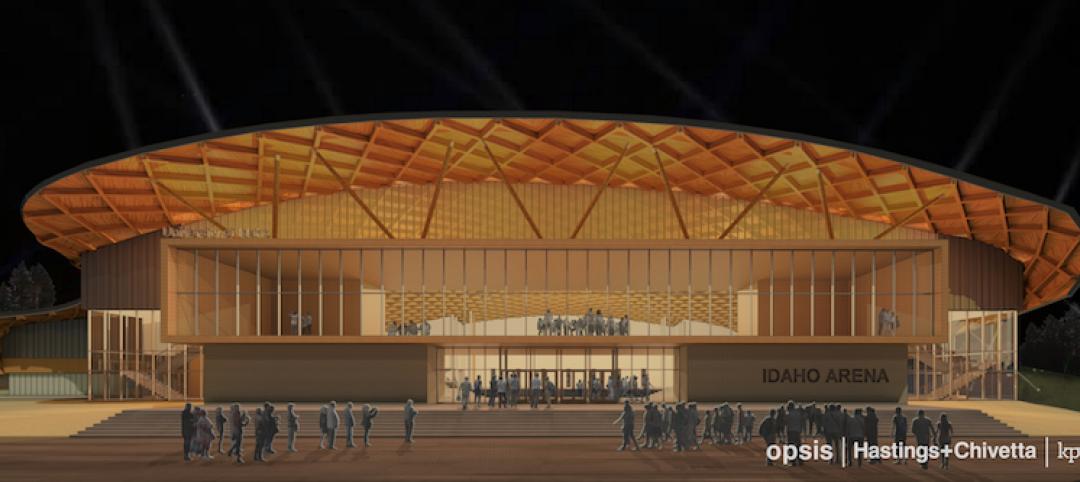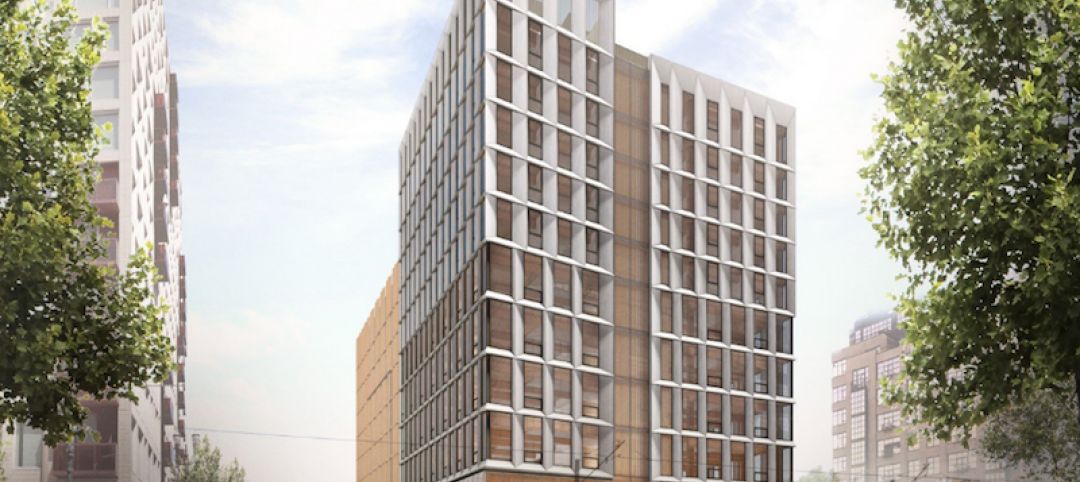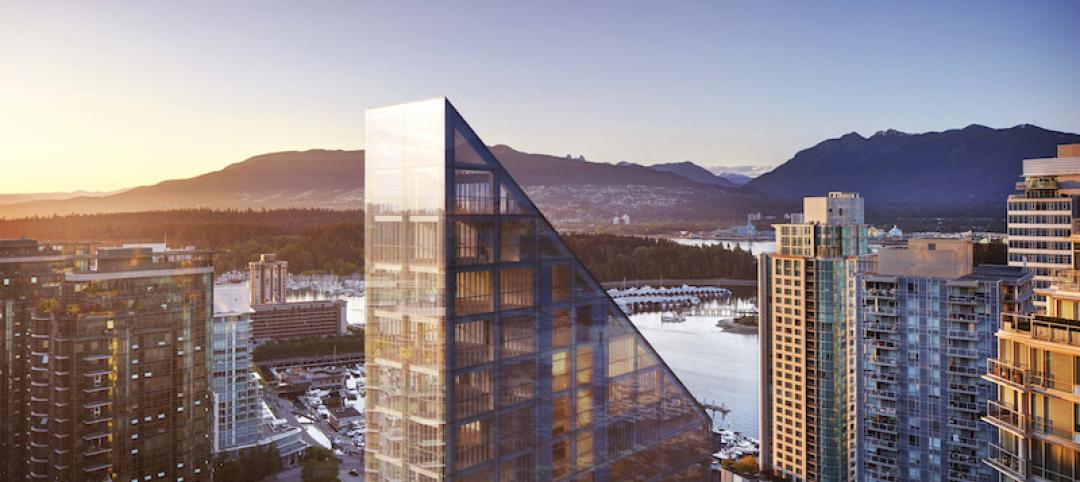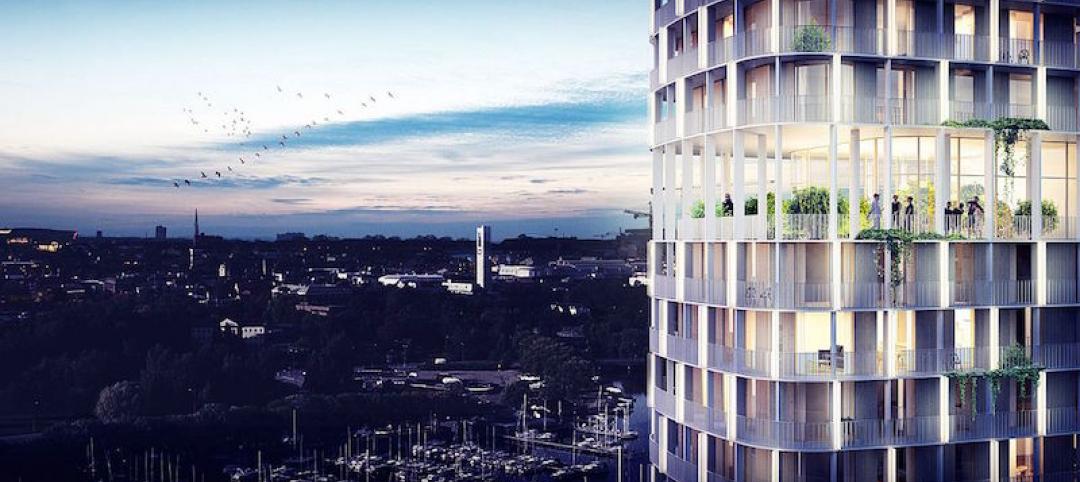Steel and concrete manufacturers and their trade groups oppose changes in U.S. building codes that would allow mass timber for tall buildings. Their arguments center on fire safety, strength, and durability, while making the case for the environmental benefits of their products.
The American Institute of Steel Construction contends that the steel industry is a “world leader” in using recycled material and end-of-life recycling, and has made strides to lower greenhouse gas emissions below regulatory requirements. At a webinar on resilience in November, the National Ready-Mix Concrete Association and the MIT Concrete Sustainability Hub presented research which claimed that enhanced concrete design is more cost- and energy-efficient than non-engineered wood design.
Concrete and steel both beat mass timber on price, although that advantage is narrowing. StructureCraft Builders’ Lucas Epp says that by using nail laminated timber, the Building Team got construction costs for T3, in Minneapolis, to within 5% of steel.
Paul Fast, of Fast + Epp, says his team got the cost of Brock Commons, at the University of British Columbia, “very close to the price of using concrete.” He concedes that wood construction “groans on the cost front” for buildings with bigger apartments or wider interior spans. In markets like Washington, D.C., where building with concrete is relatively cheap, “wood has less hope,” he says.
Prices should come down as new innovations emerge. Freres Lumber Co., Lyons, Ore., is refining its new product, mass plywood panels, as a lower-cost alternative to CLT. MPPs require 20–30% less wood because they use engineered veneer and custom plywood layups as base materials. The panels can be fabricated in sizes up to 12x48 feet, and in thicknesses up to two feet.
Related Stories
Industrial Facilities | Jul 26, 2017
EGGER will invest $700 million to build its first U.S. manufacturing facility
The company says the new facility will create 770 jobs over the next 15 years.
Office Buildings | Jul 19, 2017
James Corner Field Operations, designers of the High Line, creates rooftop amenity spaces for three Dumbo office buildings
The new spaces range from about 8,500 to 11,000 sf and were added to Two Trees Management’s anchor office buildings.
Reconstruction & Renovation | Jul 18, 2017
Mortenson Construction incorporates 100-year-old barn into new Portland office space
Mortenson deconstructed the barn and repurposed it for the new space.
Codes and Standards | Jul 10, 2017
New mass plywood panel project moves ahead with federal grant
New material is substitute for concrete and steel in multi-story projects.
Wood | Jul 10, 2017
University of Idaho Arena plans to make timber a focal point
The project received a Wood Innovation Grant that will help spur construction of the Hastings + Chivetta-designed project.
Wood | Jun 13, 2017
The first timber high-rise in the U.S. set for construction in Portland
The building’s design, building materials, and commercial tenants are all focused on the key aspect of sustainability.
| Jun 13, 2017
Accelerate Live! talk: Next-gen materials for the built environment, Blaine Brownell, Transmaterial
Architect and materials guru Blaine Brownell reveals emerging trends and applications that are transforming the technological capacity, environmental performance, and design potential of architecture.
Wood | Jun 6, 2017
Shigeru Ban-designed residential structure poised to become world’s tallest hybrid timber building
The wood, concrete, and glass building will rise approximately 233 feet when finished.
| Jun 5, 2017
Fire-rated frames deliver the natural look of wood
The TimberLine Series pairs a high-strength steel subframe with a wood-veneered metal cover cap to produce a slender fire-rated frame.
Multifamily Housing | May 17, 2017
Swedish Tower’s 15th floor is reserved for a panoramic garden
C.F. Møller’s design was selected as the winner of a competition organized by Riksbyggen in Västerås.


